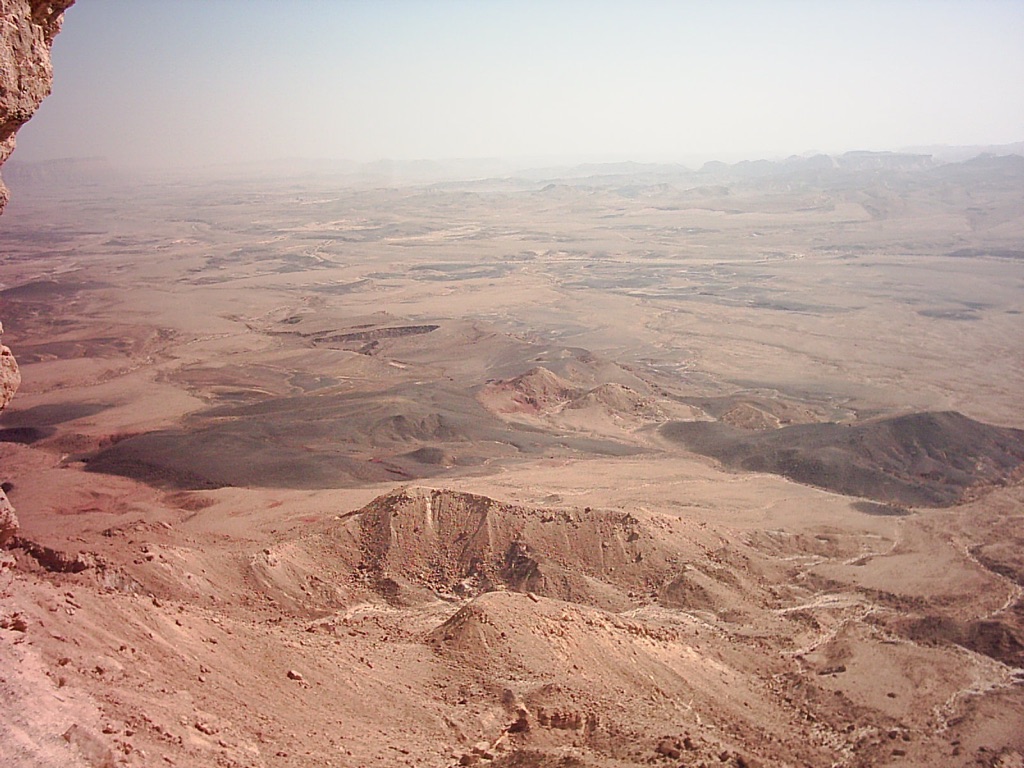Maram Zaid, a PhD student at SAGE did a review of existing research on the impacts of climate change on the agriculture sector to provide evidence-based impacts and identification of research gaps in this field. This will contribute to guiding policymakers, researchers, and practitioners in developing strategies to address the challenges posed by climate change. In addition, it helps in pinpointing areas where knowledge is still lacking, and it will serve as a roadmap for future research initiatives.
The results showed that more than 50% of the research is conducted on the basin level. The most studied factor is precipitation, followed by Temperature. A few studies were conducted to assess the crop-specific climate change impacts. Precipitation was the most studied impacted factor, within the selected literature, because it influences the other factors, followed by temperature. Despite the importance of agriculture only a few studies (16%) examined the impact of climate change on agriculture activities and vegetation cover and studied the direct effects on crop production with only 3 records investigating the crop growth’s response to climate change.
The studies conducted on climate change impacts show that the temperature is anticipated to increase, with an increase in the minimum and maximum daily temperatures. The percentage of increase in temperature varies from one region to another. The temperature change will also affect the precipitation. In contrast, the reviewed literature shows that climate change will result in a decrease in average annual precipitation and variations in rainfall patterns. Changes in precipitation will result in reduced runoff and thus will affect water availability. Results showed that the increase in temperature and decrease in precipitation will result in rising crop evapotranspiration thus increasing the agriculture water demand. Climate change will also affect crop yield. Changes in different climatic factors will result in different results in crop yield. Furthermore, climate change will have adverse impacts on water security.
Specific research gaps as identified in the literature include, the impacts of climate change on available water for agriculture, agriculture water demand, water productivity, crop productivity and yield, land use and land cover, precipitation shifts, rain events, and length of rainy season. In addition to the impacts of climate change on socioeconomics and food security. Further research is required to assess the impacts of changes in land use/ cover on groundwater. In addition to the impact of extreme temperature and rainfall events on agriculture practices and crop types and production.

